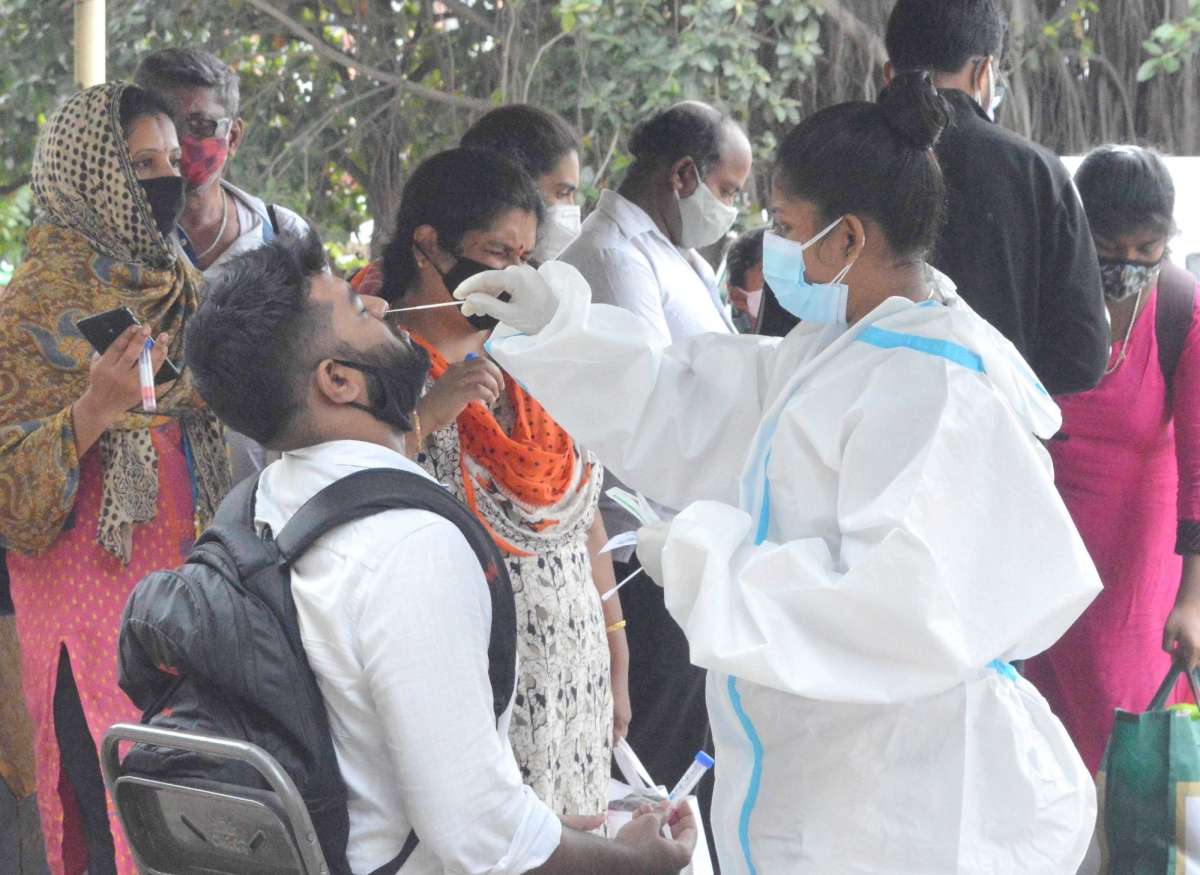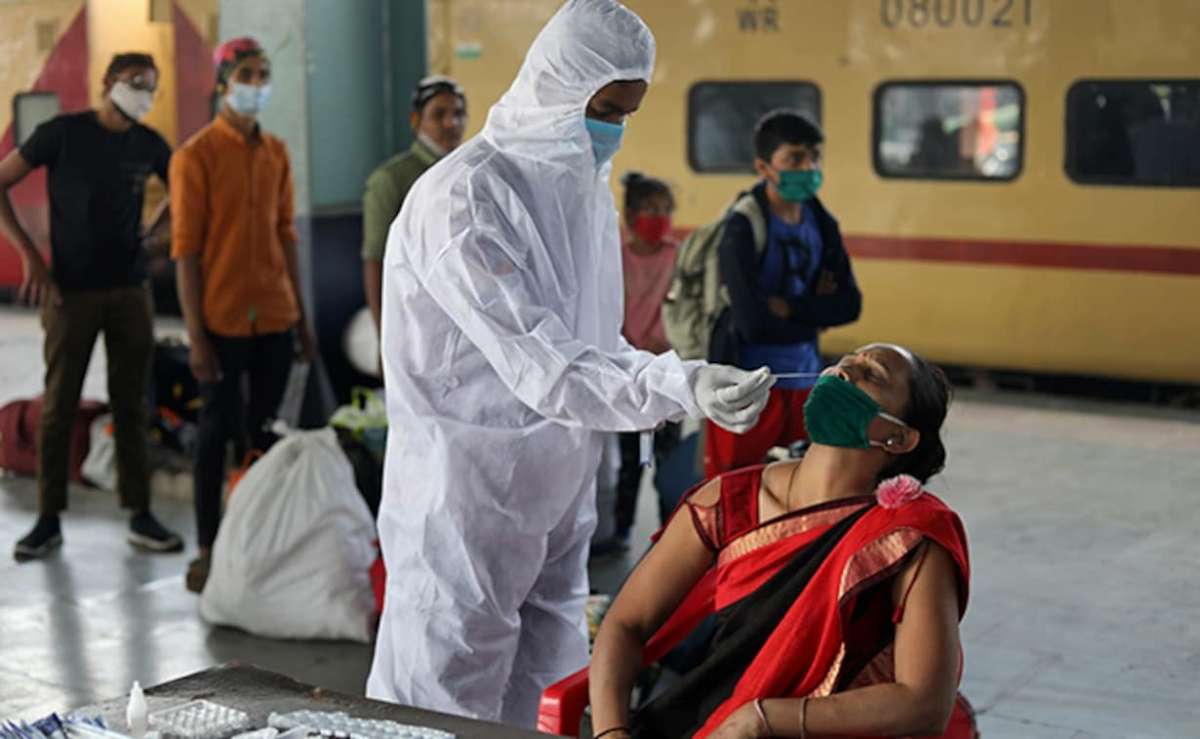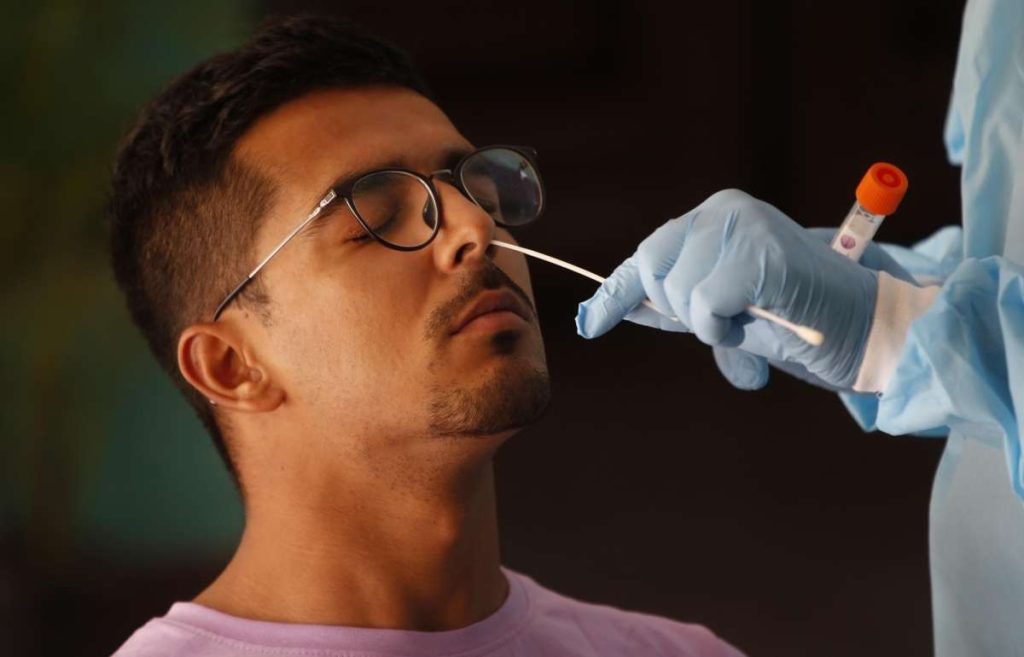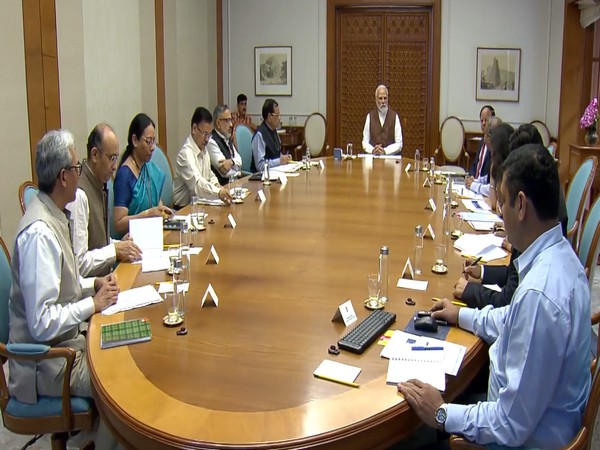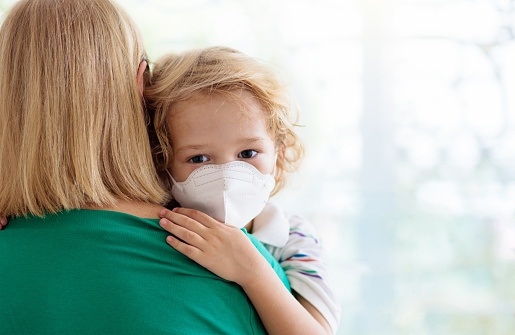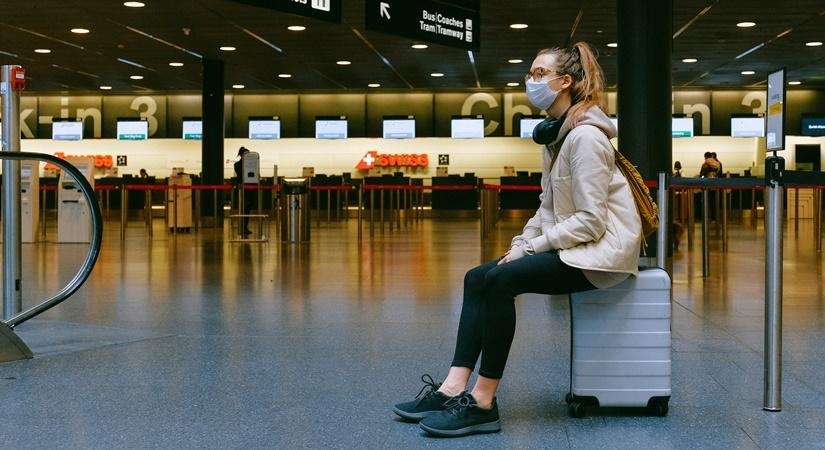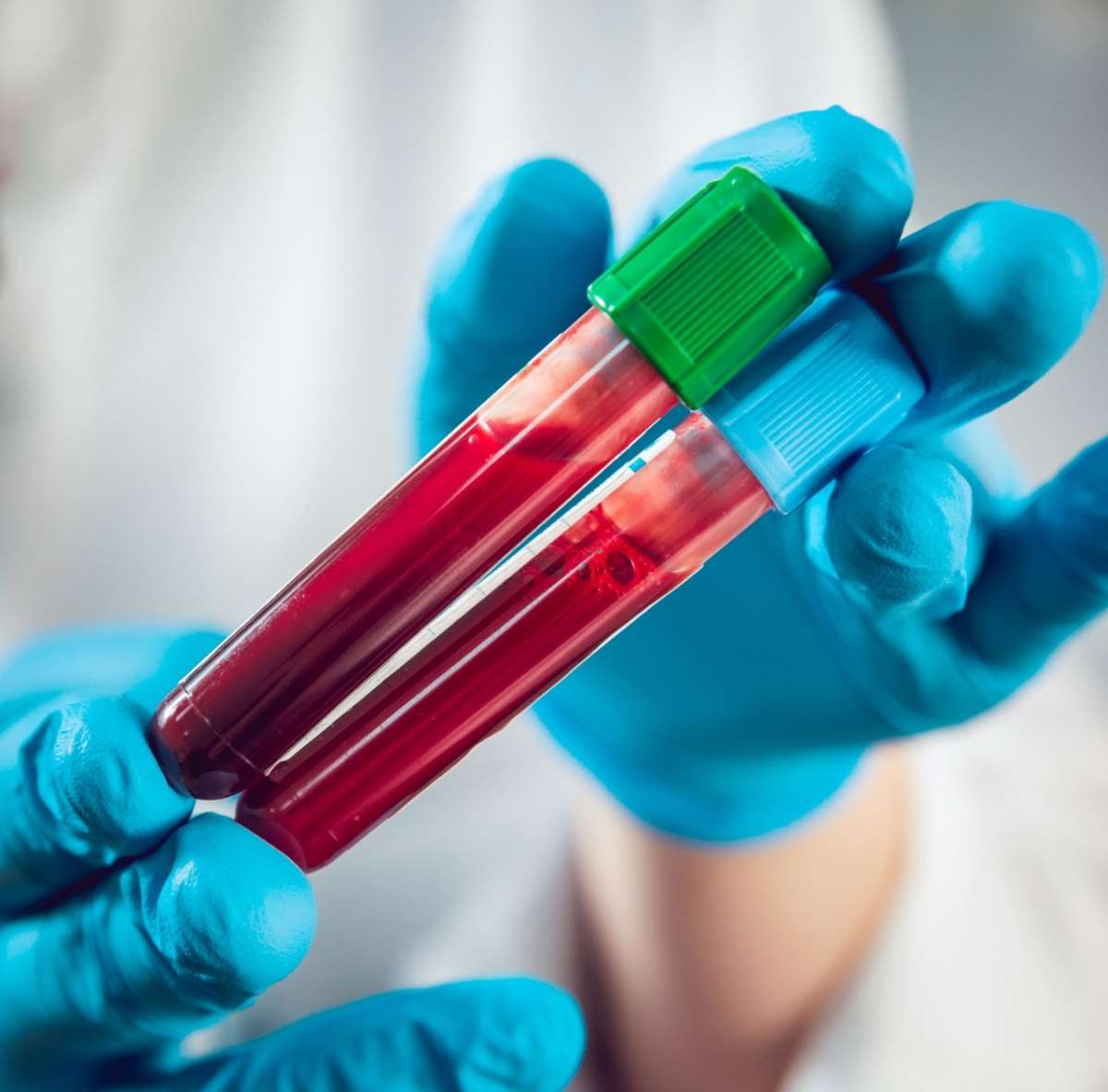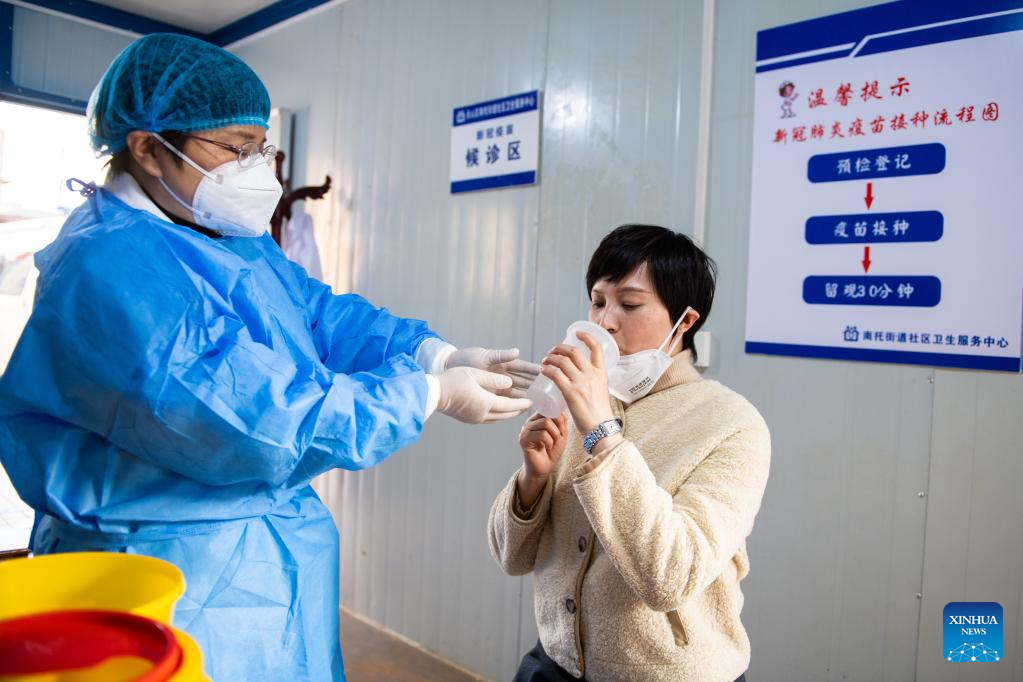India had recorded 2,994 new COVID-19 infections yesterday…reports Asian Lite News
India reported 3,823 new Covid-19 cases in the last 24 hours, a 27 per cent jump over yesterday, according to union health ministry data updated on Sunday.
Five deaths were reported due to the disease, with two from Kerala, and one each from Delhi, Rajasthan, and Haryana. The total number of active cases in the country has now shot up to 18,389.
India had recorded 2,994 new COVID-19 infections yesterday.
Maharashtra, Kerala, Gujarat, Karnataka, Delhi and Tamil Nadu are worst hit. Himachal Pradesh, the most vaccinated state, is witnessing a surprise increase, this is being attributed to the large influx of tourists in the hill state.
Mehanwhile, Maharashtra recorded 669 Covid-19 cases, including 189 in Mumbai; no death reported in state
Delhi clocked 416 fresh Covid cases, highest in over seven months; positivity rate 14.37%.
The Centre has advised the states to step up testing of Covid cases and ensure Covid appropriate behaviour such as wearing of masks and social distancing is followed in the affected clusters. States have also been told to send samples for genome sequencing in Centre’s labs in order to keep track of the Covid strains.
According to the health ministry’s website, 220.66 crore doses of COVID-19 vaccine have been administered so far under the nationwide vaccination drive. This is expected to help keep the disease under check.
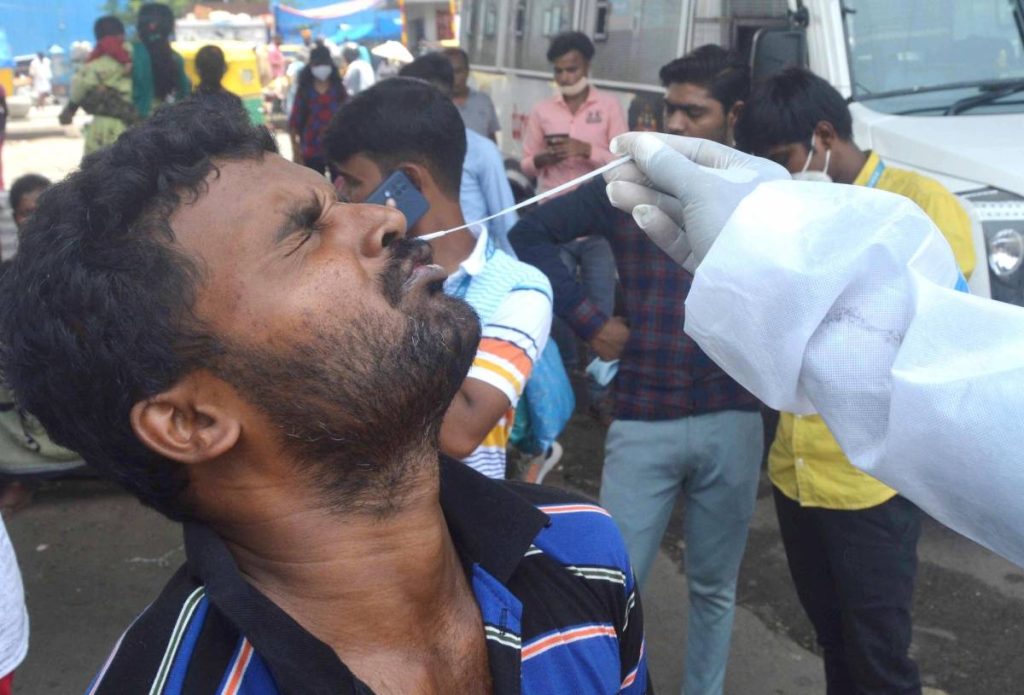
Surge in Delhi
Marking a sudden hike in the number of positive cases, the national capital has reported 429 new Covid cases and one death in the last 24 hours, according to a daily bulletin issued by the Delhi Health Department on Sunday.
The national capital currently has 1,395 active Covid cases, with the infection rate at 16.09 per cent, the bulletin stated. Further, according to the bulletin, as many as 2,667 swab samples were tested over the last 24 hours, of which 429 tested positive for Covid-19.
A total of 4,07,95,327 Covid tests have been conducted so far.
It stated further that a total of 249 Covid patients recovered from the virus in the last 24 hours, taking the total number of recoveries to 19,82,816.
On April 1, the national capital reported 416 new Covid cases and one death in the last 24 hours, the highest in over seven months. The positivity rate also jumped to 14.37 per cent.
Earlier on Friday, Chief Minister Arvind Kejriwal said that the national capital is fully prepared to handle the spread of coronavirus and added that wearing face masks has not been made mandatory as yet.
Kejriwal had said after chairing a meeting of senior officials to review the Covid-19 preparations in the city.
Addressing the media here, Kejriwal said that the Delhi government is monitoring the Covid-19 situation and is prepared to face any eventuality. He noted that Delhi has seen an increase in Covid -19 cases in the last 15 days but there is no need to worry now.
Kejriwal said that 42 cases of Covid-19 were found on March 15 which went up to 295 cases on March 30.
“We tried to understand the sudden jumps in the daily covid cases. There is a total of 932 active cases till now, and a total of 2363 Covid tests were conducted on March 30,” the Delhi Chief Minister had said.
“There is no need to worry right now but we are taking the necessary steps on time. Till now three deaths have been confirmed, two deaths on Wednesday and one death before that,” the CM said adding that these deaths could probably be due to comorbidities and COVID-19 incidentals.
Kejriwal’s meeting came against the backdrop of a spurt in coronavirus cases in the city over the past two weeks.

